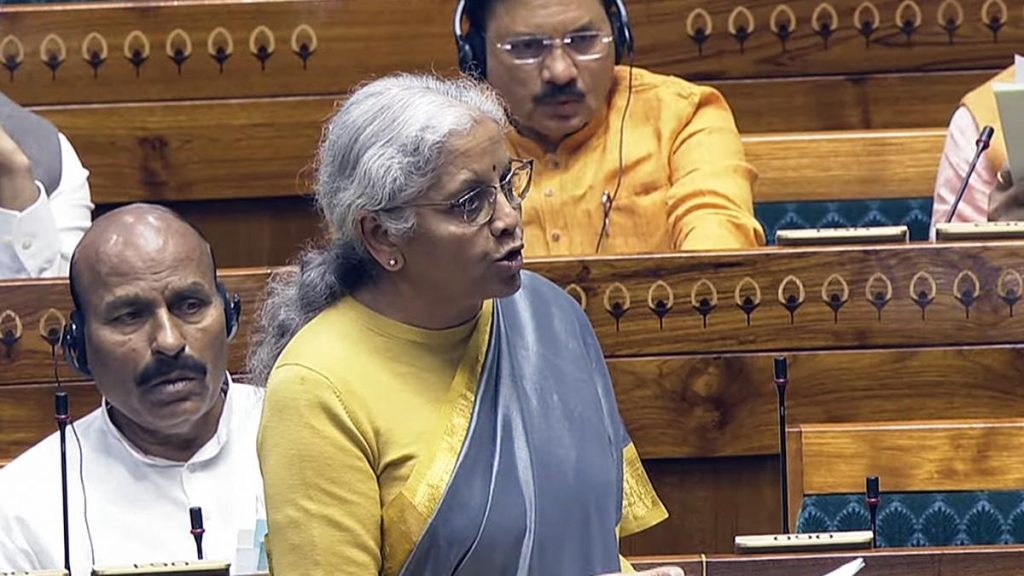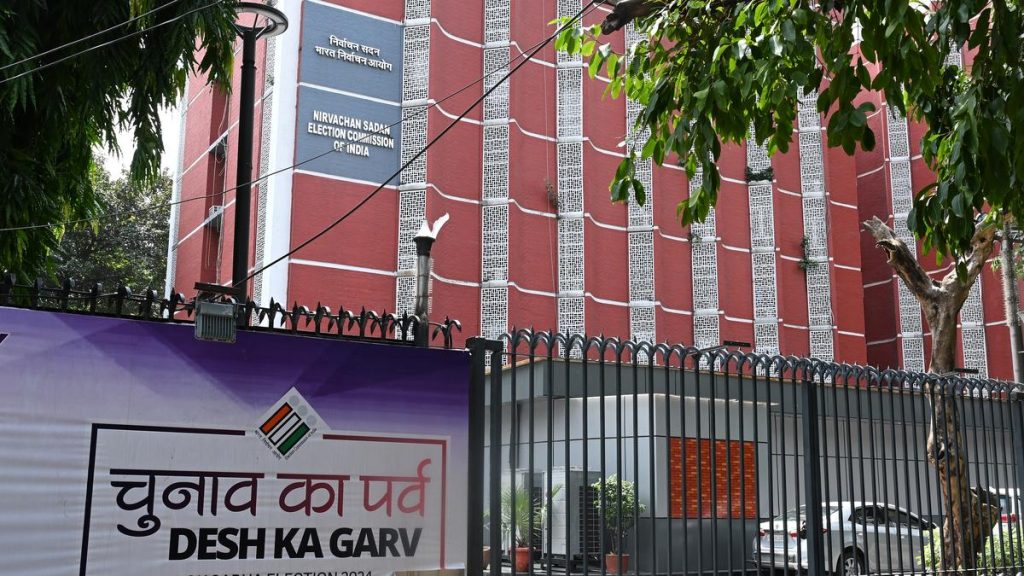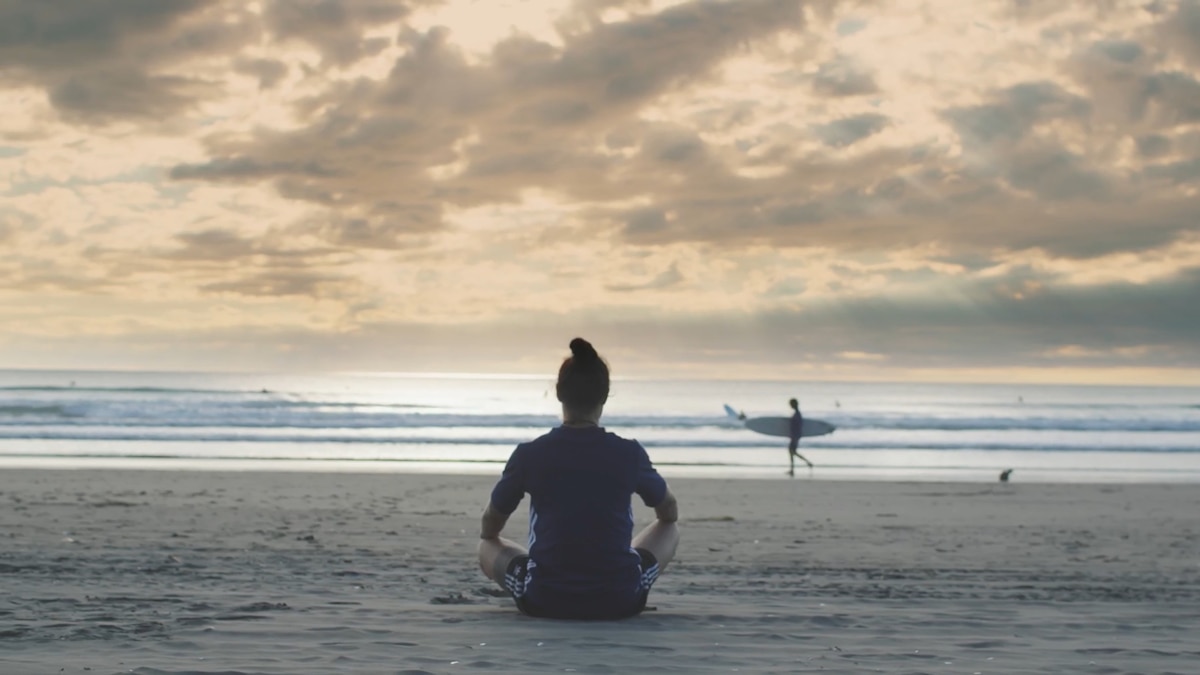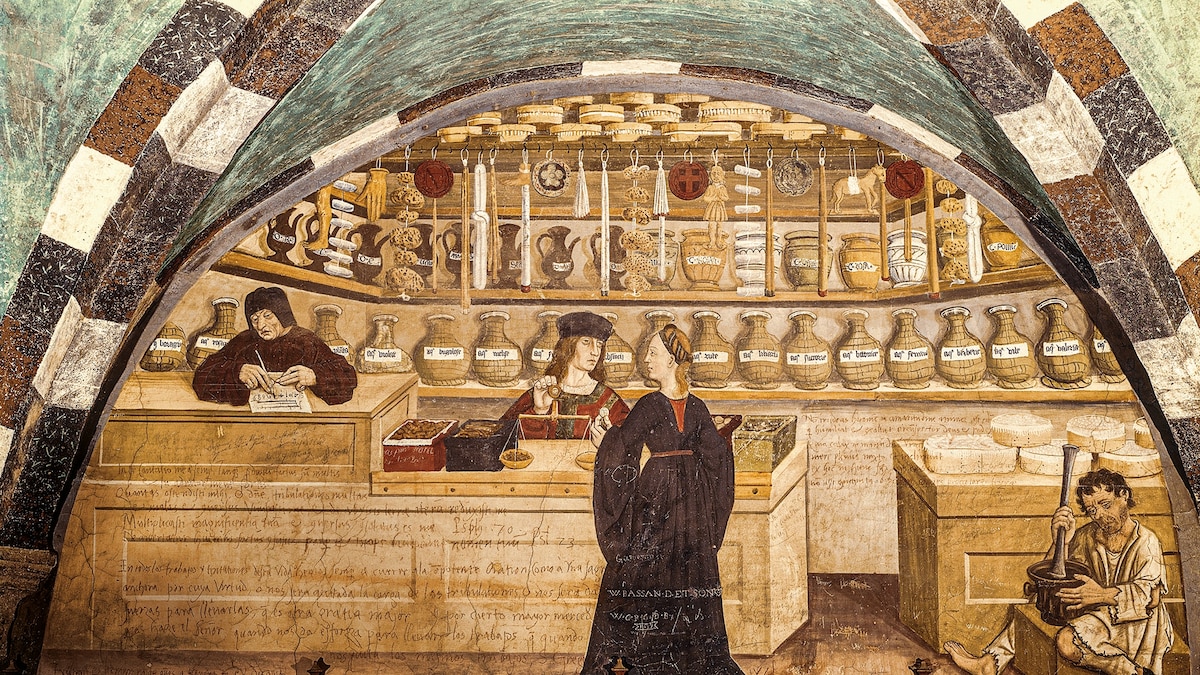Now Reading: World’s Oldest Neurologist Shares Insights on Aging
-
01
World’s Oldest Neurologist Shares Insights on Aging
World’s Oldest Neurologist Shares Insights on Aging
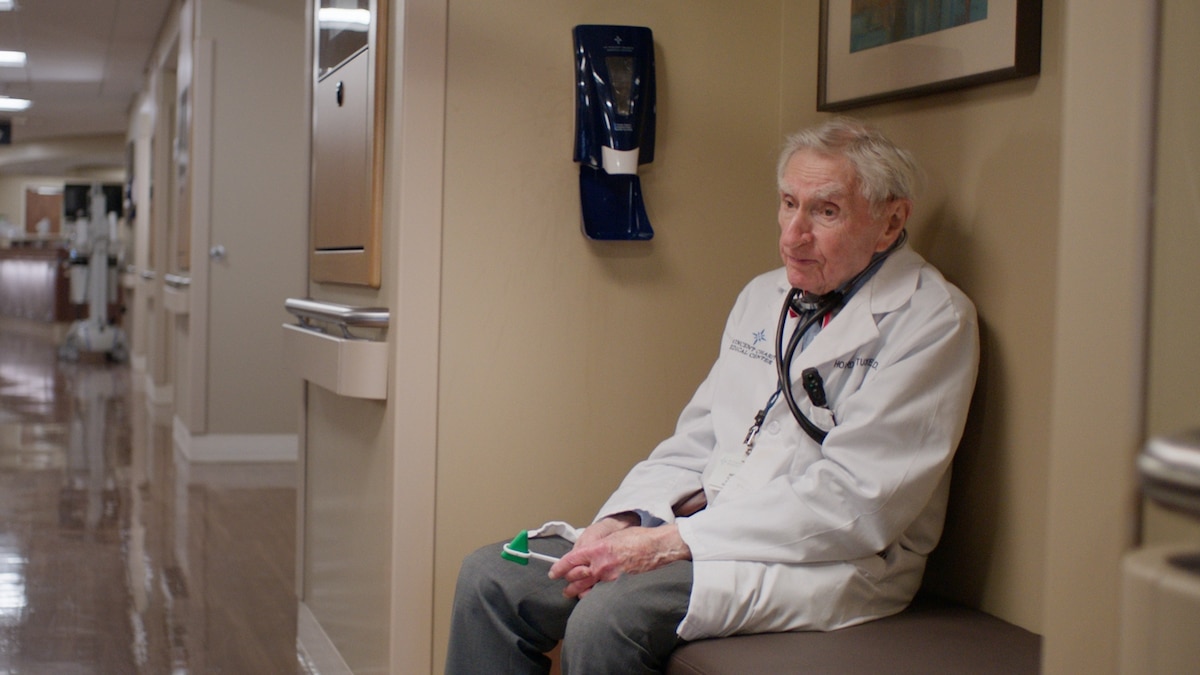
Fast Summary
- Howard Tucker, aged 103, is the world’s oldest practicing doctor and a TikTok influencer with over 102,000 followers.
- tucker attributes his longevity to continuous learning, social connections, staying active mentally and physically, and the occasional martini.
- He emphasizes misconceptions about aging-for example, not all people over 80 experience mental decline or dementia.
- On combating ageism in medicine: he shares personal experiences of being dismissed based on age but advises persistence and ignoring stereotypes.
- Regarding Alzheimer’s prevention: Tucker suggests intellectual engagement (e.g., reading and study), although acknowledges genetics play a role.
- on supplements for cognitive health: he sees mixed evidence; benefits may vary from person to person.
- Effective aging activities include walking for physical health and engaging with younger individuals or pursuing puzzles for mental stimulation.
- Environmental factors like pollution are linked to reduced longevity-he cites studies showing adverse effects near factories or polluted areas.
- Symptoms of aging such as arthritis cannot be cured but can be managed through activity and medication that slows progression.
- Advances like MRI and CAT scans have revolutionized understanding of the aging brain.
read more: National Geographic – Howard Tucker Q&A on Longevity
Indian Opinion analysis
Howard Tucker’s insights provide valuable global lessons regarding longevity that also resonate in an Indian context where life expectancy has steadily risen due to improvements in healthcare access. His emphasis on intellectual engagement aligns well with India’s traditions promoting lifelong learning through literature, yoga practices for mental clarity, or social bonds within extended families.
Tucker highlights pollution as hazardous for health-a especially relevant concern given India’s struggle with air quality issues linked to industrialization. The implications here reinforce urgent calls to prioritize environmental reforms impacting citizen well-being both short-term (disease prevention) and long-term (longevity).
His approach advocating physical activity is especially applicable across rural areas where walking remains integral due to limited transportation infrastructure-serving both functionally as exercise while aiding healthy aging processes.
Lastly while India’s geriatric care system lags global standards example precautionary public-sector innovation remain dire needing structural shifts


